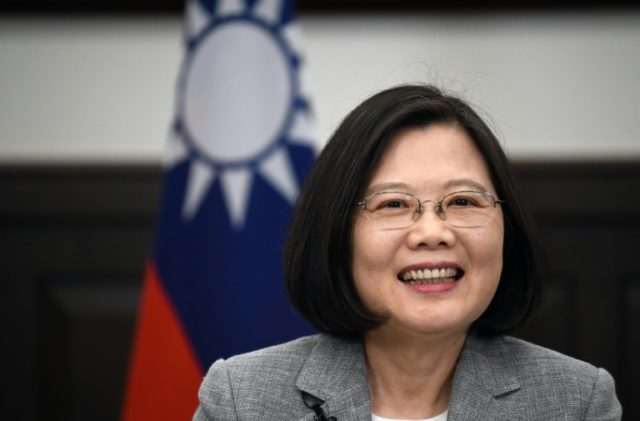Taiwan will make English an official language beginning next year in an attempt to help citizens pursue opportunities abroad, Premier William Lai announced this week.
In an interview with United Daily News, Lai said that the move would encourage Taiwanese people to learn the language which would, in turn, allow them to pursue greater opportunities abroad. The plan involves opening bilingual schools across the country and providing intensive English tuition from a very young age.
“I will set a policy goal next year to make Taiwan a bilingual country, with English and Chinese being its official languages,” Lai told the United Daily News. “Culture is our root, and the English language is our tool – or see it as our foot, if you will. Given that language is the primary tool of communication, a lack of English proficiency hampers one from gaining an advantageous position in international competitiveness.”
Lai also pointed out that while serving as Mayor of Tainan City, his efforts to install English as the region’s second language were very well received by locals. Taiwanese and Mandarin remain Taiwan’s most widely spoken languages, although the country also has a number of local and indigenous dialects such as Hakka and Matsu.
However, the move has also caused controversy in a country that is desperately seeking to assert its own identity in response to Beijing’s attempts to bring it back under the jurisdiction of the homeland. Under the Kuomintang regime between 1949 to 1987, native languages were suppressed with citizens being forced to speak Mandarin.
A recent editorial in Tapei Times argued that although “while English is immensely important in today’s world, especially when Taiwan needs all the international recognition it can get, should a nation that has constantly faced identity issues and has a long history of colonial oppression make yet another foreign language official?”
“International competitiveness is important, native identity, culture, and heritage are also essential to the dignity of a person and a nation — especially one that only a few decades ago freed itself from the shackles of cultural imperialism and authoritarian rule,” it continued. “More resources should be dedicated to fostering a meaningful environment for these languages, while the English-language education system has long been in place and just needs to be fixed.”
The move is also likely to upset China, who seek to promote the sole use of Mandarin in an attempt to prevent feelings of nationalism and self-identity. It may also be an indication of Taiwan’s close relations with the United States, which recognizes them as an independent state.
Last year, the island passed the Indigenous Languages Development Act, providing recognition and national status of indigenous tongues, which the government said would help “achieve historical justice, further preserve and promote the indigenous languages, and guarantee that the languages are used and passed down.”
Follow Ben Kew on Facebook, Twitter at @ben_kew, or email him at bkew@breitbart.com.

COMMENTS
Please let us know if you're having issues with commenting.